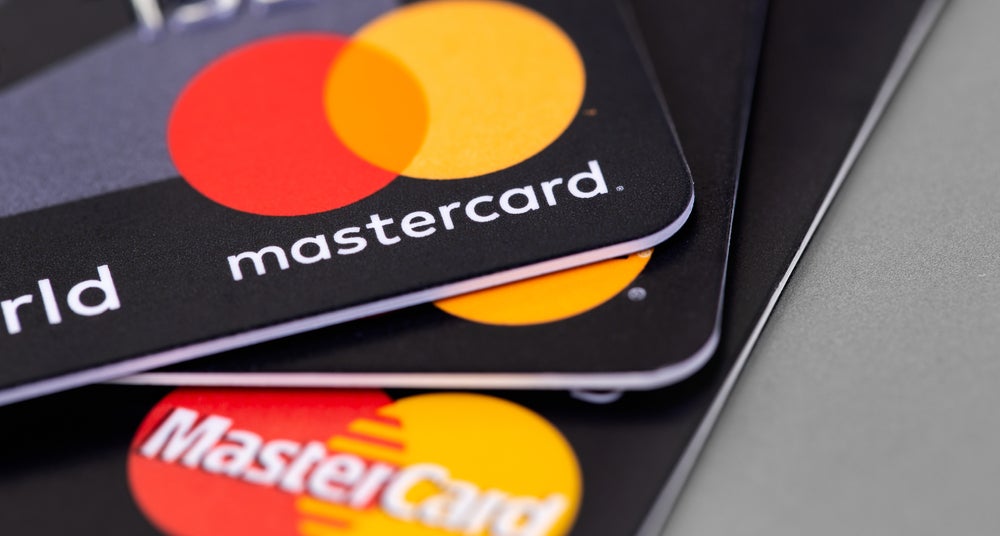South Korea’s card spending stood at around KRW50 trillion ($48m) in July 2014, a rise of 5.1% year-on-year, according to data released by Credit Finance Association of Korea.
Though the spending rose, the growth rate was below the 7.2% recorded in July 2013.
The association attributed the decline in growth to the nation’s prolonged economic downturn.
"The sluggish domestic economy and hike in home rental prices reduced gross national disposable income, which in turn weakened consumption," the association said.
The data includes transactions on credit, debit and prepaid cards. However, cash advances, overseas spending and card loans were not included.
The amount paid with credit cards totaled KRW39.7 trillion, a marginal rise of 1.7% compared to the year ago.
How well do you really know your competitors?
Access the most comprehensive Company Profiles on the market, powered by GlobalData. Save hours of research. Gain competitive edge.

Thank you!
Your download email will arrive shortly
Not ready to buy yet? Download a free sample
We are confident about the unique quality of our Company Profiles. However, we want you to make the most beneficial decision for your business, so we offer a free sample that you can download by submitting the below form
By GlobalDataHowever, debit card spending surged 21.9% year-on-year, keeping a 20% growth level for the ninth consecutive month.
Korean consumers spent most on department store goods (35.9%), followed by online commerce purchases (20.1%), vehicles (18.8%), restaurants (13%) and groceries (10.1%).
The most significant rise was seen in consumer spending on pets and veterinary hospitals, the data revealed.







